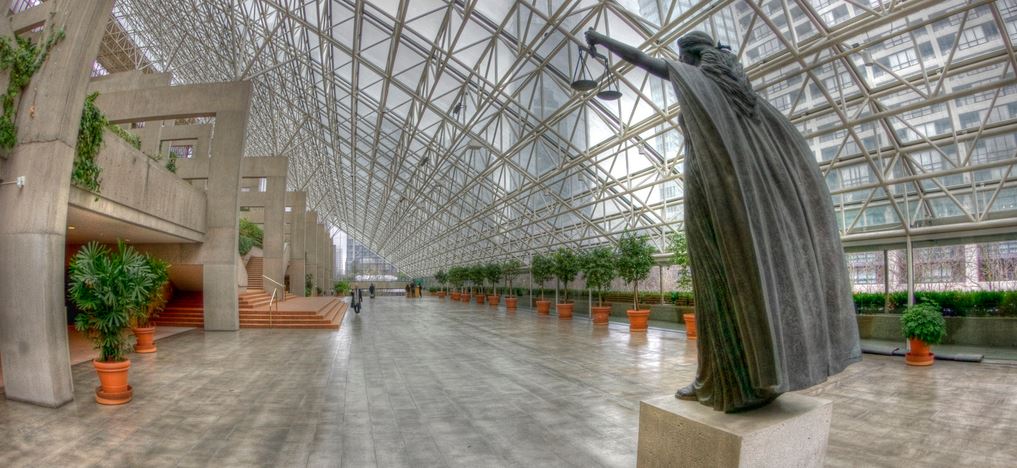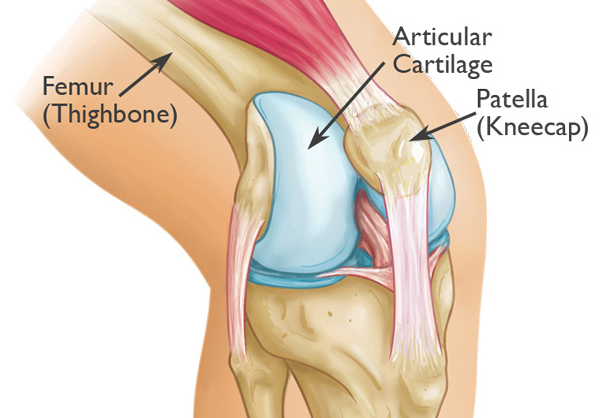Press Release: Mussio Goodman Expands to Vancouver Island
Posted on by Mussio Goodman
Mussio Goodman Opens a New Office Location in Nanaimo
Mussio Goodman Injury and Estate Lawyers, with offices in Downtown Vancouver, Surrey, Kelowna and Vernon, is now proud to announce its expansion to Vancouver Island.
With a full service office located in Nanaimo at #203 – 335 Wesley St., Mussio Goodman can now offer its premier legal services and record of success to injured clients across Vancouver Island.
Managing Partner Wes Mussio, who has been practicing exclusively in personal injury for over 25 years, and who recently purchased the Nanaimo Clippers of the BCHL, stated “since my other business and personal interests have expanded to the island, it only seemed fitting that we open a law office in Nanaimo as well.”
Wes’ partner, Eric Goodman notes that “while our existing infrastructure of 12 lawyers and students, as well as 22 staff across four offices, already allowed us to represent clients all over the province, having a location in Nanaimo gives us a stronger ability to connect with the local community and our clients.”
Wes adds: “I especially look forward to spending more time on the island and serving its residents who have suffered injuries through no fault of their own.”
For more information or a free consultation, please call 250 824 5027 or toll free at 1 855 MUSSIO1, or visit us at mussiogoodman.com.



